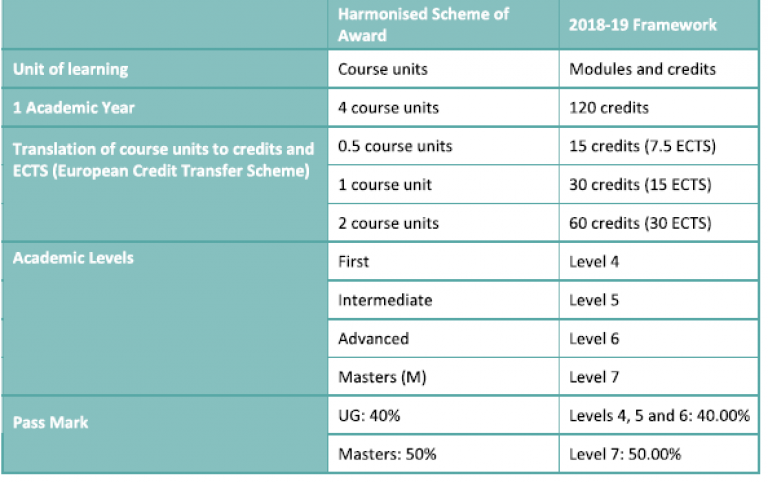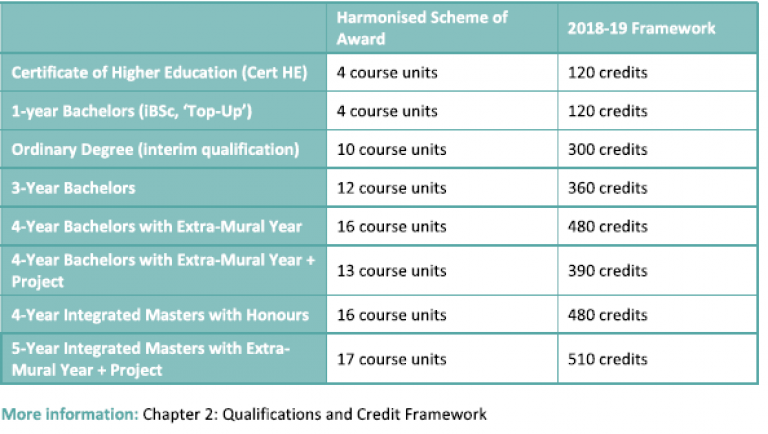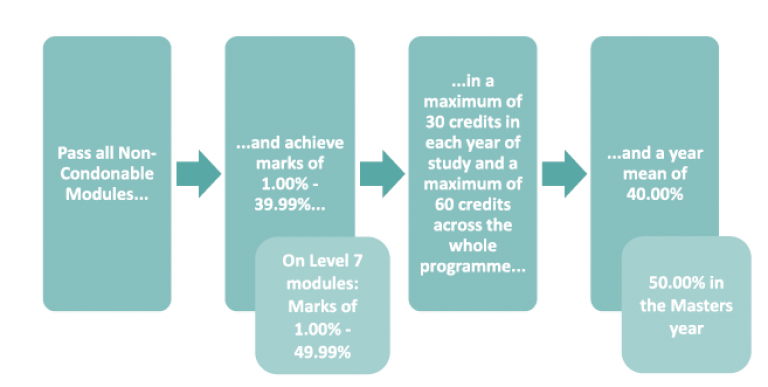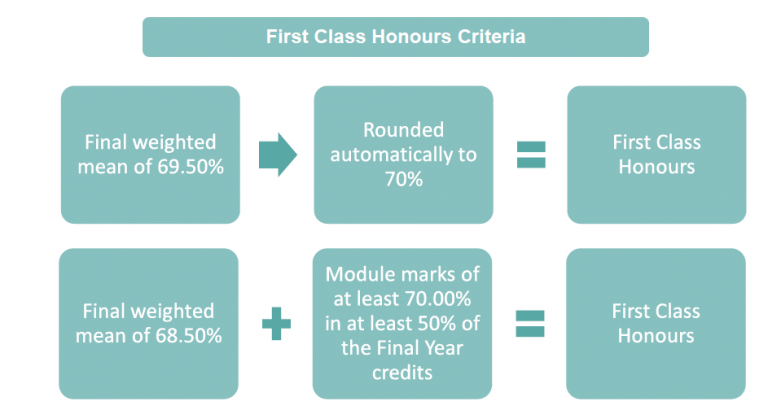Handbook for all SSEES BA programmes in Languages and Culture (Russian Studies, Russian and History, single and combined Honours language based degrees).
SSEES's flagship specialist language and culture degrees offer the opportunity to combine the study of one or more languages with other disciplines. On our single-honours and joint-honours programmes you can study your chosen language from scratch or starting from A-level standard or equivalent.
Associated cultural studies within the programme includes literature, linguistics, philosophy, art, film, history and politics. The multidisciplinary framework of the programmes, and the number of optional modules on offer, allow both a broad range of study and specialisation in one or more of these discipline areas.
Taking a degree under these programmes will give you valuable skills for employment at a time when language skills are strongly sought after by employers. These include skills in speaking, writing and understanding in a foreign language, intercultural understanding, translation, communication and summary-writing skills, and critical and analytical rigour. Depending on your degree combination, as a graduate with advanced intellectual training you will be capable of acting as a bridge of understanding and a conduit of knowledge between different cultures.
The Year Abroad, incorporated into all degrees, allows you to find your independence whilst immersing yourself in other cultures at our prestigious overseas partner institutions.
The basic principle of the BA degrees in Languages and Culture is progression from one year to the next along defined disciplinary pathways. Knowledge and skills learned in one year provide building blocks for more advanced study in each subsequent year.
All degrees are covered by the following academic regulations:
- You must register for exactly 120 credits per year of study;
- You must have taken and passed 90 credits of Level 6 modules by the end of the final year;
- You are not permitted to take more than 150 credits of Level 4 modules over the course of your programme;
- The Year Abroad must be passed
Programme Syllabuses
(for students who entered in September 2019 or later)
- Czech (with Slovak) and East European Studies
- Finnish and East European Studies BA
- Polish and East European Studies BA
- Romanian and East European Studies BA
- Serbian/Croatian and East European Studies BA
- Ukrainian and East European Studies BA
- Russian Studies BA
- Russian with an East European Language
- Russian and History BA
- Russian in combination with another SSEES or SELCS language (e.g. Czech and Russian, French and Russian)
- East European language (not Russian) in combination with a SELCS language (e.g. German and Polish)
- Two SSEES East European languages
Course Structure: BA Programmes
BA PROGRAMMES IN LANGUAGES AND CULTURE
Degree Structure
In these degrees you will get a unique opportunity to develop expertise in the disciplines of the languages, cultures, history, and politics of Russia and Eastern Europe and, for Modern Languages programmes, for the relevant European countries and to apply this expertise to understanding the social, cultural, and political world around us, developing skills essential for a whole range of future careers, with particular attention focused on the study of the areas with which the School of Slavonic and East European Studies is primarily concerned: the countries of Central, Eastern and South-Eastern Europe, and Russia.
Progression
The basic principle of BA Languages and Culture programmes is progression from one year to the next along defined disciplinary pathways. Knowledge and skills learned in one year provide building blocks for more advanced study in each subsequent year.


SSEES Main Student Handbook
This contains key information relating to operation of your programme within SSEES, including details about key dates, coursework submission, assessment penalties and contact details. It is intended to serve as your first point of reference for queries and contains links to relevant official documents and online resources.
This document is updated annually and further updates may occur during the academic year to reflect changes in UCL or SSEES policy and it is important that you ensure you refer to the handbook for the appropriate academic year.
Languages and Culture programmes Syllabus Handbook
This contains key information relating to the syllaus of each Languages and Culture degree, including which modules are compulsory, and which modules are optional.
- Progression Rules
All students are subject to the Progression and Award Requirements including new condonement regulations. Condonement is the system which allows a small amount of failure across the entire degree, provided certain conditions are met.
Students registered for the degree are required to undertake a programme of study comprising modules to the value of 120 credits in each year.
In order to progress from one year to the next the student should pass 120 credits in each year of study, including condoned failed modules. A student who does not pass 120 credits in a year of study will meet the Progression and Award Requirements if they meet all of the following condonement criteria:
- Pass all non-condonable modules, AND
- Pass at least 90 credits in the year AND
- Attain marks in the condonable range in no more than 30 credits in any one academic year AND
- Attain marks in the condonable range in no more than 60 credits across the entire degree AND
- Achieve a credit-weighted mean of at least 40.00% across 120 credits in any one academic year.
The condonable range for undergraduate modules (levels 4, 5 and 6) is 1.00%-39.99%.
For Languages and Culture programmes, the non-condonable modules are:
- Comprehension of Russian in any year
- Use of Russian in any year
- Language Level 1, 2A, 2B, 3A and 3B in any other SSEES language
Any student who fails any of the above modules at both the first and second attempt must leave the programme. A final year student who fails any of the above modules at both the first and second attempt must accept an award in a different field of study, to be decided by the Board of Examiners.

Condonement is granted by the Exam Board, and can only be approved if the student completes an attempt at the assessment and is awarded a mark greater than 0, which indicates an attempt which is academically assessable. If condonement is granted reassessment will not be required in that module. If the student does not complete a first attempt at the assessment which is academically assessable the student must be reassessed. If the student does not complete both a first and a second attempt which is academically assessable the student must leave the programme.
If a student fails more than the maximum condonable number of modules in a given year (30 credits), the students must be reassessed in all failed modules including those in the condonable range. If a student fails more than 60 credits, the student must repeat all failed modules with tuition in the following academic year.
In order to progress from Year 1 to Year 2 the student must have passed or be condoned in 120 credits. In order to progress from Year 2 to the year abroad the student must have passed or been condoned in 240 credits. In order to progress from the Year Abroad to the final year of the programme, students must have additionally passed the Year Abroad requirements.Progression and Awards – Honours
Consequences of Failure
If you fail a module, and the module is not eligible for condonement, and if you do not fail more than 60 credits in one year, then a second attempt is available at Late summer Assessment. You will resit only the failed components of the module/s (exams and/or coursework). Your overall mark for the module/s will be capped at 40%. If you then meet the requirements for progression, you will progress to the next year as usual.
Final year students are not eligible for a resit if they are eligible for the award of a degree despite the failed module/s, or if they have been excluded for academic insufficiency, academic misconduct or disciplinary issues. Students cannot be reassessed in a module they have passed.
Students who fail more than 60 credits will usually be required to repeat the failed modules in the following academic year, re-enrolling in all failed modules and paying tuition fees, and must redo all components of all the modules they failed. Reassessment results (second attempts) in those modules will be capped at 40%. Students will not be allowed to progress to the next level of study until the repeat is successfully passed.
If a module is still not passed at the second attempt, whether the second attempt is a resit or a repeat of the entire year, the student is deemed to have irretrievably failed the module and if this makes it impossible for them to obtain the degree, their registration on the programme will be terminated by the Examination Board.
- Examination Procedures
The examinations period is provisionally scheduled from the start of Term 3 until the second week of June. Students must be available to attend examinations throughout this entire period.
All modules registrations must be completed on Portico by the end of the second week of teaching. From this point students must not change the registration of Term 1 modules. The registration of Term 2-only modules may be changed until the end of Reading Week of Term 1.
All students are required to reply to any request, whether from their department or from UCL Registry (via Portico) to confirm their module registration as correct.
The SSEES Sub-Board of Examiners and the UCL Arts & Humanities Faculty Board decide on the class of degree you receive and, if you are a first or second-year student, whether you may progress to the next year.
Special Examination Arrangements
Special Examination Arrangements (SEAs) are adjustments to central or departmental written examinations which can be made as a Reasonable Adjustment for students with a disability or longer-term condition or as a form of mitigation for students with shorter-term medical Extenuating Circumstances. This may include, but is not limited to extra time, a separate room, rest breaks and specialist equipment. Students must make an application to use the special examination facilities.
Further information:
Special Examination Arrangements – guidance and forms
Special Examination Arrangements – regulations
Reasonable Adjustments regulations
Illness and other Extenuating Circumstances
UCL recognises that some students can experience serious difficulties and personal problems which affect their ability to complete an assessment such as a sudden, serious illness or the death of a close relative. Students need to make sure that they notify UCL of any circumstances which are unexpected, significantly disruptive and beyond their control, and which might have a significant impact on their performance at assessment. UCL can then put in place alternative arrangements, such as an extension or a deferral of assessment to a later date.
Longer-term conditions
The Extenuating Circumstances regulations are designed to cover unexpected emergencies; they are not always the best way to help students who might have a longer-term medical or mental health condition or a disability. Although there may be times when it is necessary for such students to use the EC regulations, students should make sure they are aware of, and take advantage of, all the other support mechanisms provided by UCL such as:
Reasonable Adjustments- Special Examination Arrangements
- Student Disability Services
- Student Psychological Services
- Student Support and Wellbeing
It is your responsibility to ensure that you are correctly entered for the right exams, that your exam is timetabled, and that you login in to your exam at the right time (and in the case of in-person exams, that you attend the right location). If you fail to follow these guidelines, then your degree result and opportunity to progress to the next year may be jeopardised.
UCL Student Mental Health Policy
Further information:
EXTENUATING CIRCUMSTANCES
UCL recognises that some students can experience serious difficulties and personal problems which affect their ability to complete an assessment such as a sudden, serious illness or the death of a close relative. Students need to make sure that they notify UCL of any circumstances which are unexpected, significantly disruptive and beyond their control, and which might have a significant impact on their performance at assessment. UCL can then put in place alternative arrangements, such as an extension or a deferral of assessment to a later date. The Extenuating Circumstances Panel will determine the nature and timing of the deferral, which may be offered with or without tuition/ attendance.
More information can be found in the UCL Academic Manual.
You must notify SSEES, no matter which department teaches the module(s) concerned, You can make an EC claim through Portico. For intial enquiries regarding your EC requests should go to the Student Support Officer and sent to the email address ssees-extenuating-circumstances@ucl.ac.uk
- Calculation Of Degree Classification
SCHEME FOR THE AWARD OF HONOURS
2018-19 Framework Certificate of Higher Education (CertHE) 120 credits 1 Year Bachelors (iBSc, 'Top-Up') 120 credits Ordinary Degree (interim qualification) 300 credits 3-year Bachelors 360 credits 4-year Bachelors with Extra Mural Year 480 credits Award of degree (enrolment from 2018/19 onwards)
The new regulations include a standardised approach to formulae used to combine marks so that all students across UCL are treated equally.

The following final overall marks for the whole degree will be rounded up automatically to the next class:
49.50%-49.99% - rounded up to a 2:2 (lower second class)
59.50%-59.99% - rounded up to a 2:1 (upper second class)
69.50%-69.99% - rounded up to a 1 (first class)
The following final overall marks for the whole degree falling in the borderline range, and having module marks of at least 70% in at least half of the final year modules, will be rounded up to the next class:
48.50%-49.49% - rounded up to a 2:2 (lower second class)
58.50%-59.49% - rounded up to a 2:1 (upper second class)
68.50%-69.49% - rounded up to a 1 (first class)
The pass mark for each module is 40%.
Non-condonable modules
For all students starting in 2018/19 all language modules at all levels (Comprehension of Russian, Use of Russian, Language Level 1, 2A, 2B, 3A, and 3B in all other languages) are non-condonable and compulsory for progression from one year to the next. A student in Year 1 or Year 2 who fails a module in the above groupings at the second attempt will not be permitted to progress and must leave the programme. A student in the final year who fails a module in the above groupings at the second attempt must accept the award of a degree in a different field of study, to be decided by the Board of Examiners.
Example Classification.

For more details see the UCL Academic Manual.
Award of degree for students who started their studies in 17/18 and prior academic years.
Chapter 4, section 15: Classification for UG Students First Enrolling in 17/18 or earlier.
To be awarded an honours degree, a student must have completed modules to the value of 480 credits by fulfilling all attendance and coursework requirements, submitting all written work prescribed for assessment purposes and taking all parts of any examination in those modules, including condoned assessment attempts (up to 30 credits per academic year with a maximum of 60 credits for the entire degree).
To be awarded a degree with honours in the field of study for which the student is registered, the student must have taken and passed any modules deemed compulsory for such an award according to local rules. Where students have failed to pass the specified module but have passed the required number of modules for the award of an honours degree, students will still be eligible for the award of an honours degree, but one with a different field of study, to be determined by the Board of Examiners.
Classification
The class of honours degree shall be determined by the relevant Board of Examiners on the basis of the mean average of results obtained in 315 credits, to be selected as follows:
The results from the best 90 credits from Year 1, subject to local rules;
The results from the best 105 credits from Year 2, subject to local rules;
The results from the best 120 credits from Year 4, subject to local rules;Application of classification scheme
In exceptional cases, the Board of Examiners may exercise discretion in the application of this Faculty Scheme. The general Regulations of the College and of the University are assumed to apply in conjunction with the above Scheme, as are the local rules and guidelines produced by the relevant Department(s).
Consideration of borderlines
Honours degree candidates whose weighted average mark falls within 1% of the next classification boundary (after rounding to the nearest integer) may be considered for the higher classification. The Programme Board of Examiners should take the following criteria into account:
· Whether the majority of credits (at least 50%) fall in the higher classification.
· Whether there is evidence of “exit velocity” in the candidate’s performance.
· Whether high value modules, or those with a significant research element such as the dissertation, fall in the higher class.
· Attention to those marks which have a particular significance for the overall classification.
Where a student has validated Extenuating Circumstances, and the student’s weighted average mark falls within the 1% borderline zone, the Faculty/Departmental Extenuating Circumstances Panel may recommend that the student be exempted from some or all of the borderline criteria.
Full details of UG Borderline Criteria are available in chapter 4 of the UCL Academic Manual.
Further Information:
Marks for retaken or substitute modules will be included in the calculation for the mark of the year in which that module was first attempted, rather than in the year it was actually taken, if that is different.
Further Information:
Interim Qualifications
A student may be awarded an interim qualification if they meet or surpass defined learning outcomes and credit requirements.
The Board of Examiners will assess the student’s eligibility for the interim qualification against the appropriate qualification learning outcomes and credit requirements. The standard UCL Interim Qualification Learning Outcomes described in the UCL Academic Manual outline the threshold academic standards required to pass each of UCL’s main interim qualifications, in line with the UCL Qualifications and Credit Framework and the UK Framework for Higher Education Qualifications. Interim qualifications are not eligible for a classification.
Available interim qualifications:
Certificate of Higher Education (Cert HE) Diploma of Higher Education (Dip HE) Ordinary Degree (Bachelors without Honours) Bachelors with Honours Honours Degree without a Study Abroad or Placement Year Graduate Certificate (Grad Cert) Postgraduate Diploma (PG Dip) Aegrotat Degree Special and Aegrotat ProvisionsClassification will be based in the first instance on a consideration of the median of the marks from the 270 units of assessment. The units are to be weighted 1: 3: 5, as follows:
Year 1: 1 Year 2: 3 Year 3: 5Full details of UG Borderline Criteria are available in chapter 4 of the UCL Academic Manual (http://www.ucl.ac.uk/srs/academic-manual/overview) .
Other Handbooks & Guides
- SSEES Marking Criteria (chapter 10.3 of the SSEES Handbook)
- UCL Student Assessment Criteria Guide for Taught Programmes - an illustrative guide (PDF)
- Study Skills Guide
 Close
Close

